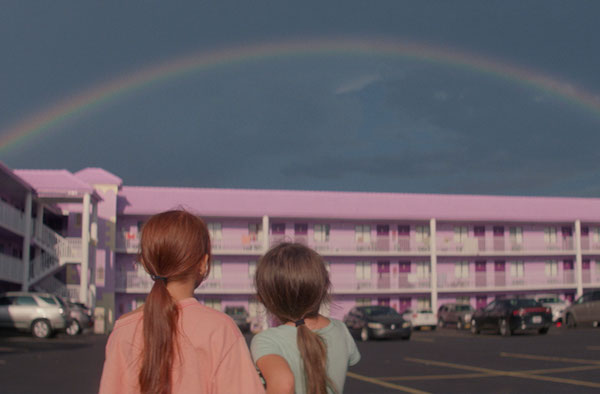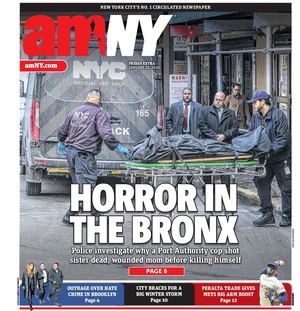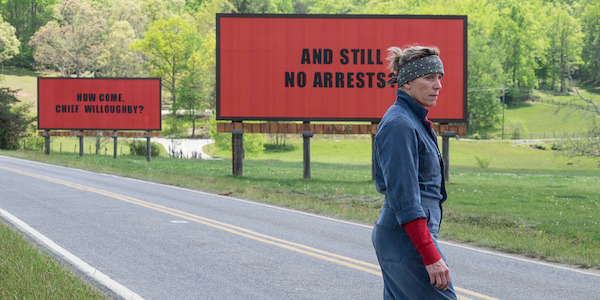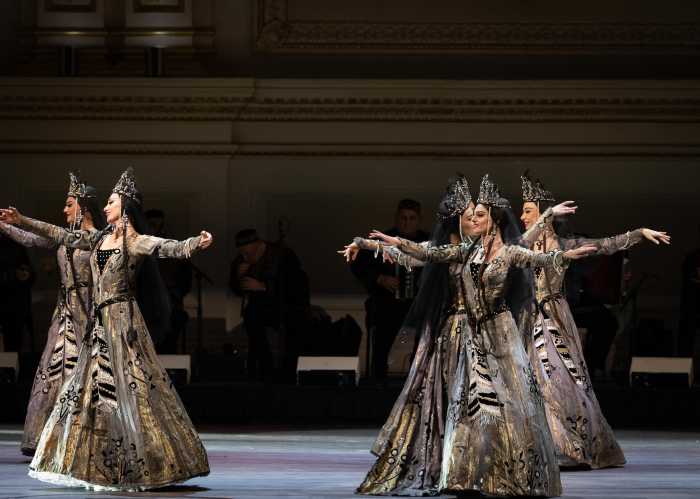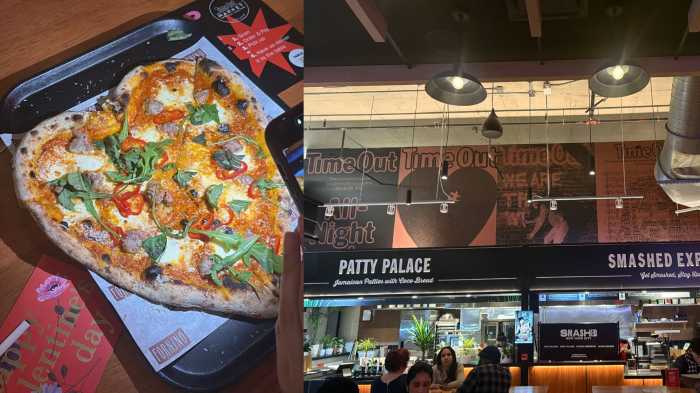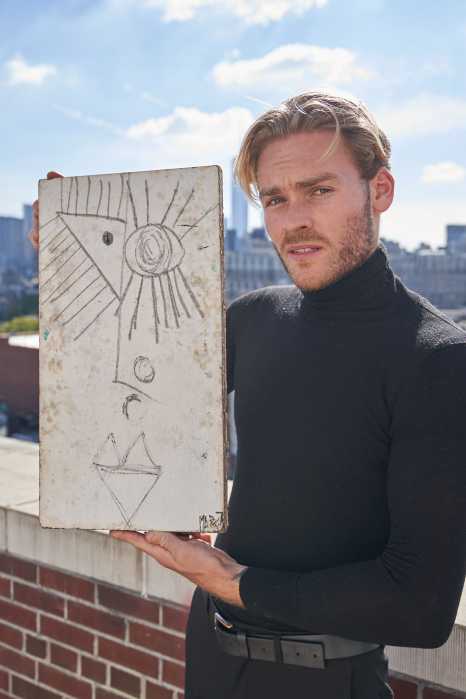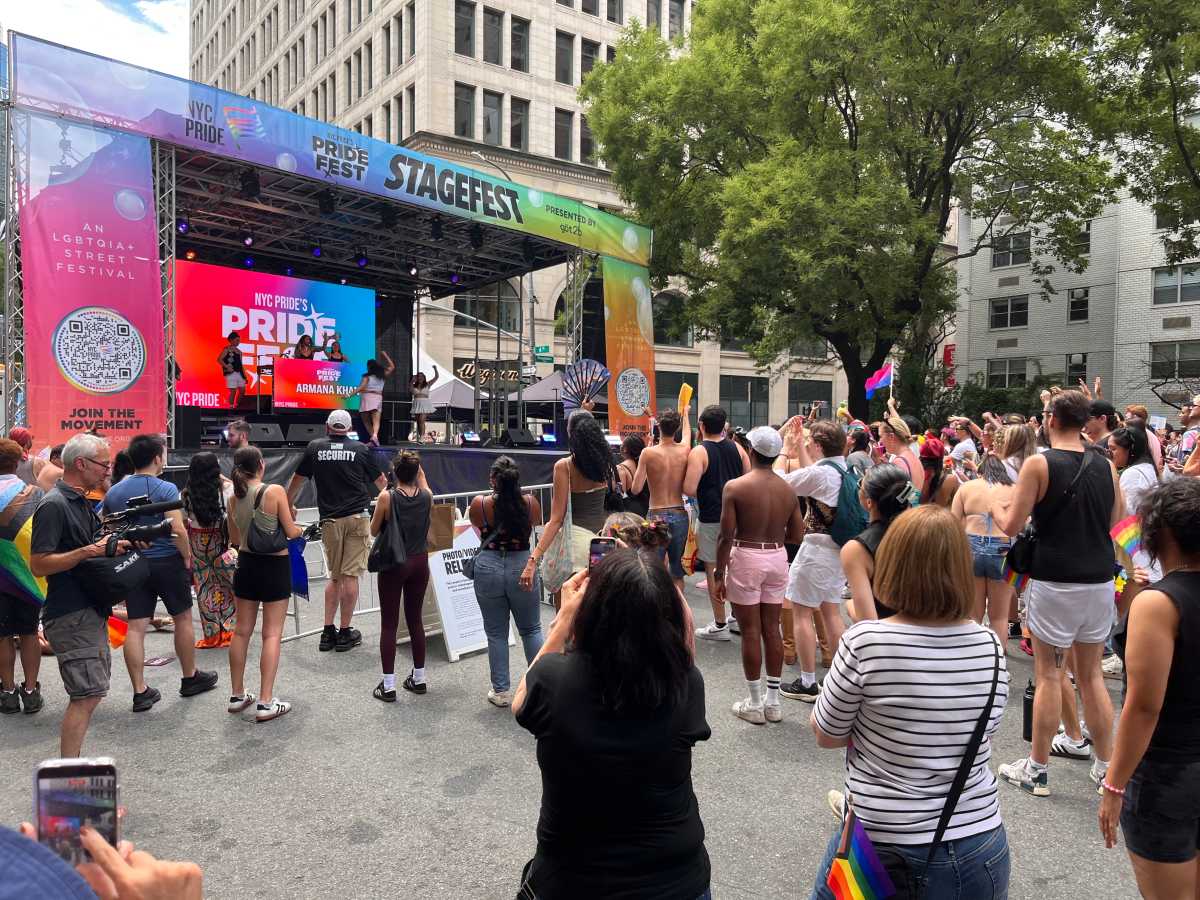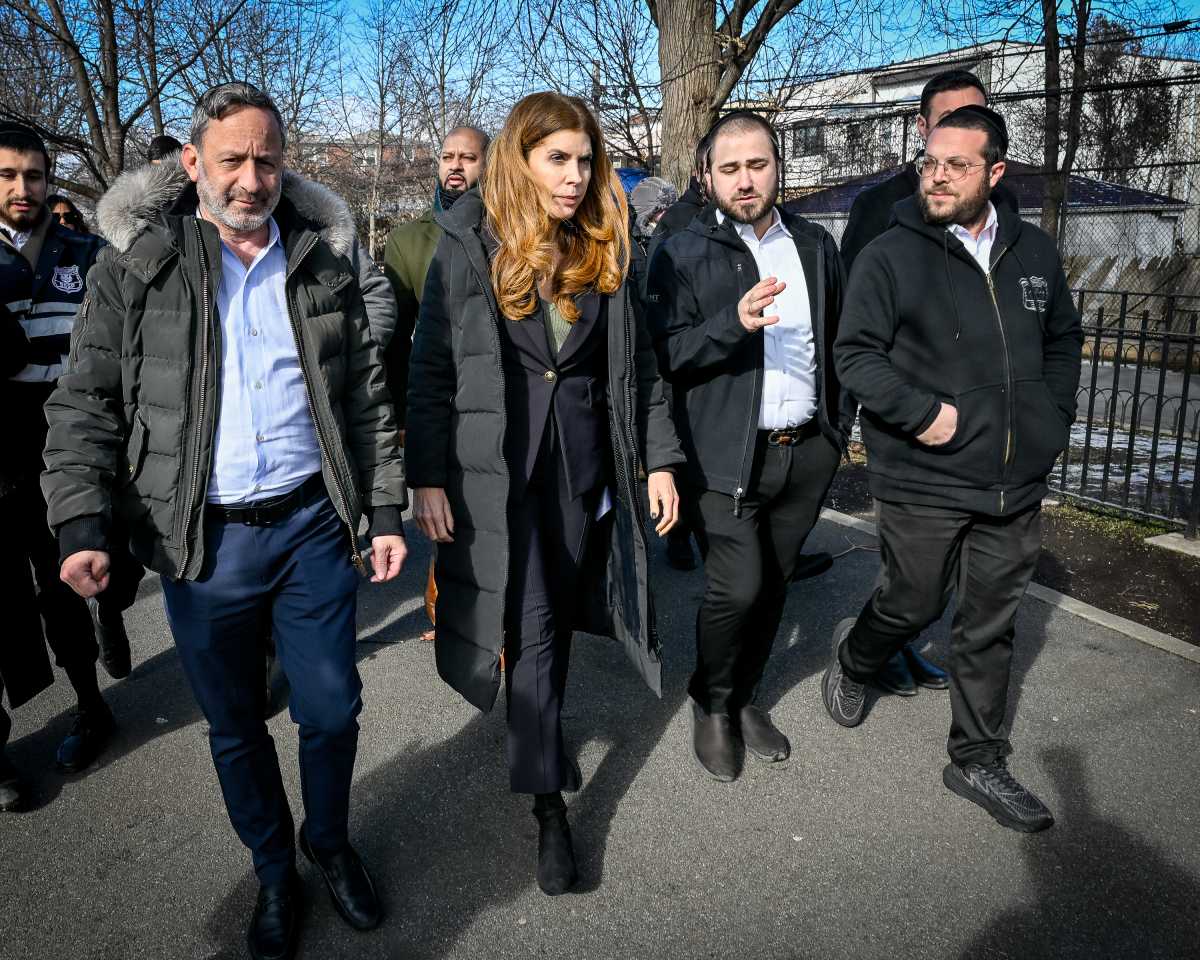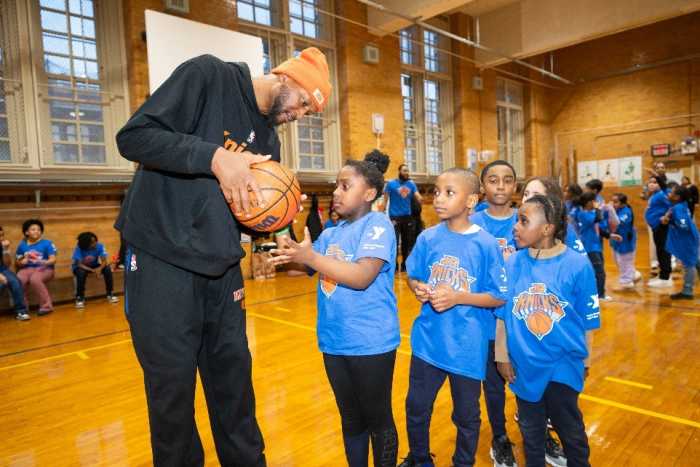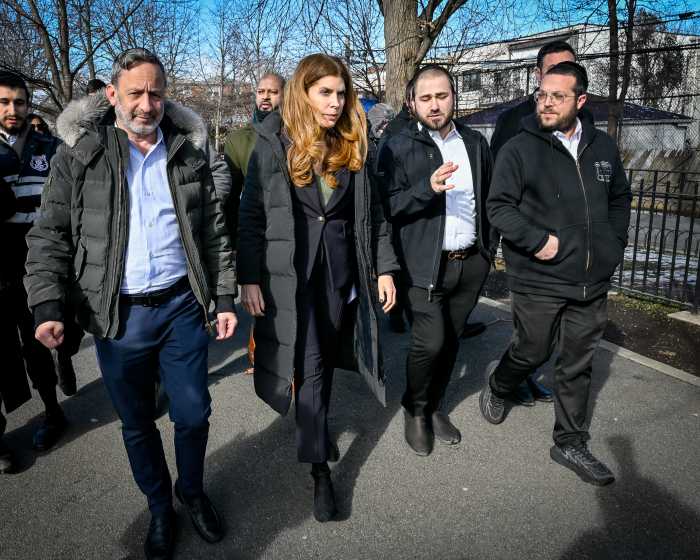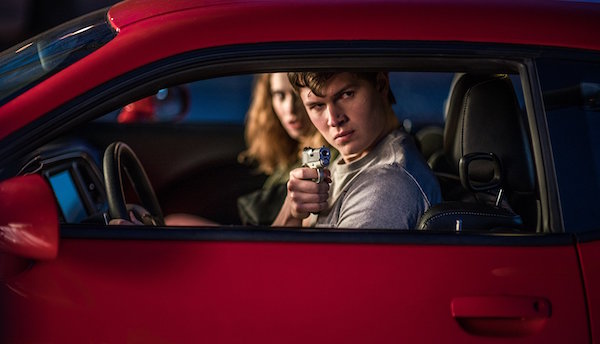
BY SEAN EGAN | Well, we all thought nothing could possibly be as bad as 2016, but boy howdy did 2017 do its best to be worse. From Washington’s daily, anxiety-inducing developments to the still-active sexual misconduct reckoning facing Hollywood, it seems everything that’s happened this year was calculated for maximum miserability. One area, however, where 2017 managed not to disappoint or depress, was at the movies. Through the year, filmmakers tackled hot-button issues, gave us hope in dark times, made us feel less alone, or simply provided some much-needed escapism. Below is a list of my personal favorites — unranked, but loosely grouped. They represent some of the best the movies had to offer, or, at the very least, movies that made things better.
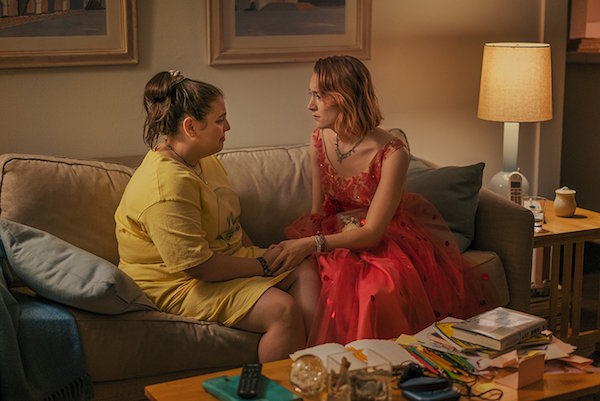
WE’VE ALL BEEN THERE | Really, there isn’t much new about Greta Gerwig’s coming-of-age film chronicling the senior year of its titular high schooler, “Lady Bird.” You’ve seen the rites of passage unfold on screen time and again. And yet, it’s rare that a movie renders these archetypes and plot points with as much wit and specificity. It’s there in the antagonistic yet warm relationship between Lady Bird and her mother; there in the stumbling forays into romance that seem monumental to the precocious lead. That’s the movie’s greatest trick: You’ve met these characters before, because chances are you’ve been these characters at some point. The film effortlessly guides viewers through the emotional peaks and valleys encountered at the precipice of adulthood, in ways at once hilarious, awkward, and honest. Ultimately though, it’s that honesty that makes “Lady Bird” a contemporary classic of the genre, and the year’s very best film.
AMERICA, ACROSS THE POND | If nothing else, “Three Billboards Outside Ebbing, Missouri” solidifies Irish playwright-turned-filmmaker Martin McDonagh as cinema’s resident master of dialogue — his characters are never at a loss for words, lobbing acerbic digs at one another like Molotov cocktails, while still feeling fully lived in. Following the quest of Mildred Hayes (Frances McDormand, at her best since “Fargo”) to get answers from her local police department about the brutal rape and murder of her daughter, McDonagh has created a decidedly non-didactic, humanist character study that taps into something resonant about small-town America in ways only an empathetic but honest outsider could.
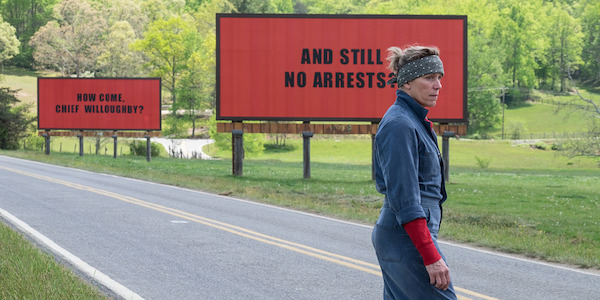
After years of trouble breaking it in Hollywood, cult UK-director Edgar Wright (beloved flop “Scott Pilgrim vs. the World”) finally connected with American audiences in earnest by crafting a supremely fun crime caper. From the word “go,” “Baby Driver” wastes no time delivering some of the most creative, masterfully edited action setpieces in recent memory. With its tinnitus-afflicted protagonist behind the wheel, cars speed along in time to a carefully curated soundtrack in an exhilarating union of drag race and ballet. With equally sharp comedic timing, the movie’s a cinematic sugar rush that’ll hopefully grant Wright the keys to more expensive Hollywood vehicles moving forward.
SUPER-SUBVERSIONS |Functioning as a send-off for Hugh Jackman’s venerable Wolverine and Patrick Stewart’s Charles Xavier, James Mangold’s moody, moving “Logan” expands the scope of what a superhero movie can be by going admirably small-scale and adult. A dusty neo-western, the film focuses on the rapidly-deteriorating super duo grappling with morality and their legacies as they try to help an 11-year-old mutant raised in captivity escape to safety. It’s heavy stuff (and the R-rated violence throughout is resolutely not of the wham-bang variety), but it builds to a climax as evocative and poetic as any movie, comic book or otherwise.
If “Logan” expanded on what a superhero movie could be, “Thor: Ragnarok” may well be the perfection of the MCU (Marvel Cinematic Universe) formula. Bringing in Kiwi indie darling Taika Waititi to perk up Marvel’s most staid franchise was an inspired move; his excitement behind the camera is palpable. Largely a Thor/Hulk buddy movie, Waititi sets “Ragnarok” in Marvel’s underexplored, candy-colored cosmic universe, bringing in ringers like Jeff Goldblum (nonchalantly nibbling the scenery throughout) and composer Mark Mothersbaugh (basically in full-on DEVO mode) to keep the humorous galactic road trip chugging along. It adds up to 2017’s giddiest blockbuster, breathlessly charging through offbeat action and deadpan banter like it’s getting away with something.
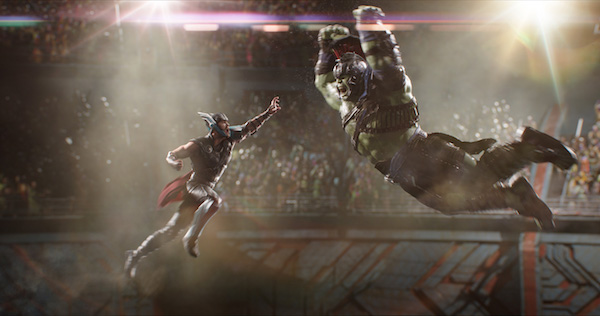
NOTHING TO FEAR BUT LIFE ITSELF | Good horror filmmakers know little separates laughter from horror; excellent horror directors know little separates horror from reality. “Get Out,” Jordan Peele’s feature debut about a black man’s sojourn to meet his white girlfriend’s parents, proves the sketch comedy maverick has the makings of a top-tier genre director. The uneasy humor is there in early, cringe-worthy conversations between Daniel Kaluuya’s Chris and his microaggression-oblivious hosts. The horror comes when you realize the truly nightmarish scenario the movie’s got waiting in the wings is not all that different from how black Americans are fetishized, commodified, and mistreated daily. It’s required viewing not just for horror hounds, but for anyone looking to take the pulse of race relations in 2017 America.
Despite the unimaginable, horrific acts of violence, what’s most disturbing about “The Killing of a Sacred Deer” is just how darkly funny it is. In this meta, modern-day riff on Agamemnon, Yorgos Lanthimos’ all-seeing, clinically gliding camera follows characters who converse in stilted monotone (think Wes Anderson calibrated to “creepy” rather than “quirky”) until they’re finally pushed to the breaking point and forced to do the unthinkable. Riffing on moral culpability and parental neurosis, Lanthimos nonetheless delivers his bleak thesis with a madman’s chuckle: The world is random and cruel, pain is inevitable, and we’re all culpable. Ha, ha.
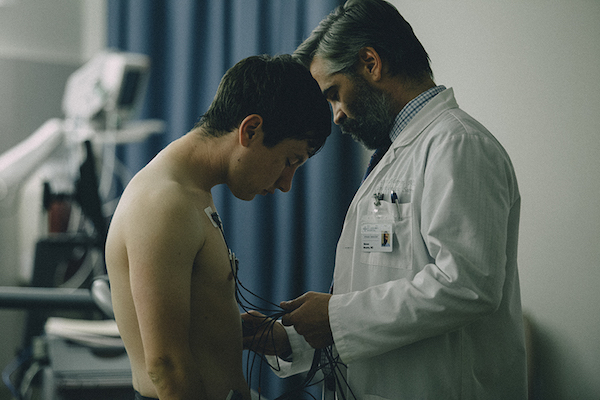
REJUVENATED REBOOTS | Following up a film as iconic as 1982’s “Blade Runner” after decades could have been disastrous. Fortunately, Denis Villeneuve was more than up to the task, building on the original’s themes and adding some of the stealth humanism found in his last feature, “Arrival.” Gorgeously shot by Roger Deakins, “Blade Runner 2049” is the sort of movie that marinates in its Big Ideas and envelops you in its meditative atmosphere over an expansive running time. It’s the kind of heady but rewarding sci-fi one can only hope to see more of in the mainstream.
“Alien: Covenant” is 2017’s most welcome return to form, with original “Alien” helmer Ridley Scott returning the series to its dark, weird, creepy roots. Keeping what worked from his prequel “Prometheus” (specifically Michael Fassbender, turning in a homoerotic dual performance here that must be seen to be believed), Scott dives headfirst into exploring the metaphorically-rich origin story of the Xenomorphs. The result is a gonzo, gothic creation myth that treats its philosophical influences as sly jokes and cultural touchstones as pulp fodder.
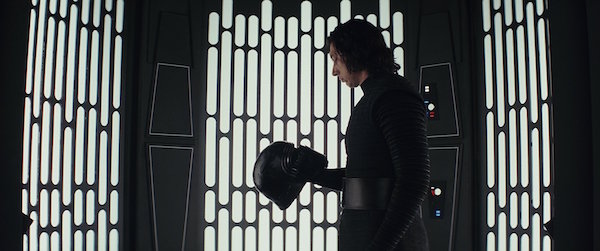
Though it delivers what may well be the most show-stopping lightsaber fight to-date, the most dynamic battles of “Star Wars: The Last Jedi” are the internal struggles its characters contend with deep in the heart of war. While some have been hesitant to embrace the film’s more subversive, comedic tone, by focusing on human flaws and stressing a spectrum of gray in a series known for black-and-white morality, writer/director Rian Johnson pushes the “Star Wars” saga and its characters into uncharted, rewarding directions. Plus, come on, those space battles are awesome too!
THEY CAME FROM THE DEEP | The humanoid sea creature at the heart of “The Shape of Water” — Guillermo del Toro’s wonky Cold War-era interspecies romance — may well be the director’s most gorgeous grotesquery so far. Much of the credit belongs to actor Doug Jones, who brings him to life with a deft touch, capturing the character’s animalistic and alluring qualities simultaneously. The whole affair plays out like a storybook come to life (granted, one punctuated with graphic violence and the occasional bout of sea monster/human coitus). Delightfully strange and strangely touching, “The Shape of Water” can stand proudly amongst del Toro’s previous masterpieces.
Okay, yes, “Monster Trucks,” the movie about monsters that live inside of and operate trucks, was conceived of by the four-year-old son of a now-fired Paramount executive — but doesn’t that sound kind of great? Unsurprisingly, the movie bustles along with childlike enthusiasm, as it follows teenager Tripp and his newfound monster buddy Creech, as they attempt to protect Creech’s habitat from a greedy oil-drilling bureaucrat (played to perfection by a Twizzler-munching Rob Lowe). This loopy slice of Americana/quasi-environmentalist fable is the kind of live-action cartoon that recalls the goofy, good-hearted Amblin family films of yore.
There’s really no way to explain “Colossal” simply and succinctly that does it justice. In broad strokes, Nacho Vigalondo’s singular sci-fi dramadey concerns an alcoholic 30-something (a career-best Anne Hathaway) whose rock-bottom trip to her hometown coincides with the appearance of an enormous kaiju in South Korea. Though it delivers laughs and the requisite monster movie goods, the film ultimately ends up an effective meditation on addiction and abuse, without betraying its own unique vision or slipping into sentimentality.
JOY AMONG THE HARD TIMES | Let’s make one thing clear from the jump: “Girls Trip” is stone-cold filthy, likely the raunchiest comedy to come out of a major studio this year. It’s almost definitely the funniest (and most heartfelt) as well. While special mention must be given to Tiffany Haddish — her live-wire performance and commitment to the act of “grapefruiting” finds her nearly walking away with the movie — Malcolm D. Lee’s girls-gone-wild flick is buoyed by the crack timing of its entire, game-for-anything cast. It’s just a bonus their chemistry comes so naturally and its third-act pathos lands so effectively.
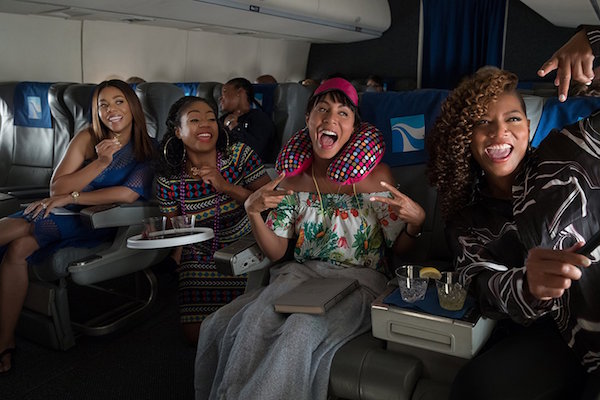
Sean Baker’s “The Florida Project” chronicles the dog days of summer at the Magic Castle, a low-rent motel in Florida with a shocking-purple paint job. Its denizens include hard-on-her-luck Halle, her young daughter, and the eminently decent manager, Bobby (a gentle Willem Dafoe). As hardscrabble and unflinching as it is full of life and exuberance, this film recognizes the monumental importance of small acts of kindness and captures all the beauty present in everyday life. Make no mistake, there are trials and tribulations aplenty — things painful to watch. But its euphoric ending is one of the most affecting scenes of the year, a moment of pure, escapist joy amongst all the tumult and pain of reality, and a stirring act of friendship to boot. While it might not be perfect, and it might not make everything okay, it’s a hard-earned bit of hope — something we all might have earned at the end of 2017.
